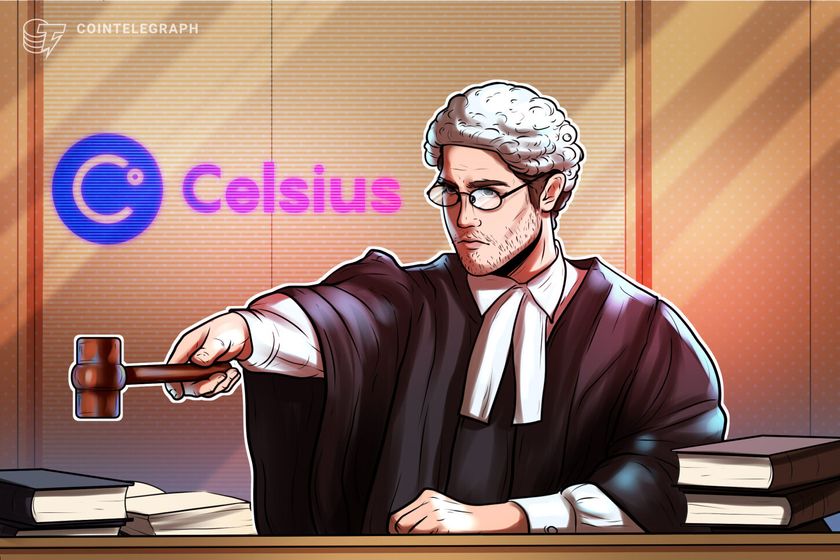
The crypto lender made two claims, both of which were dismissed for various reasons, including procedural shortcomings.
Collapsed crypto lending platform Celsius filed a notice of appeal against Judge John T. Dorsey’s order that disallowed its claims for damages from FTX as part of its ongoing bankruptcy case.
Celsius has been trying to claw back hundreds of millions from FTX, initially claiming $2 billion in damages over alleged “disparaging statements” that FTX officers made against Celsius that accelerated its fall. It later revised the claim to focus on “preferential transfers” that gave special treatment to some creditors and not others, claiming damages of $444 million.
Dorsey disallowed both claims in December, finding that Celsius’ original proofs of claim, which contained only a single sentence about investigating possible preference claims, were insufficient to preserve their preference claims.

